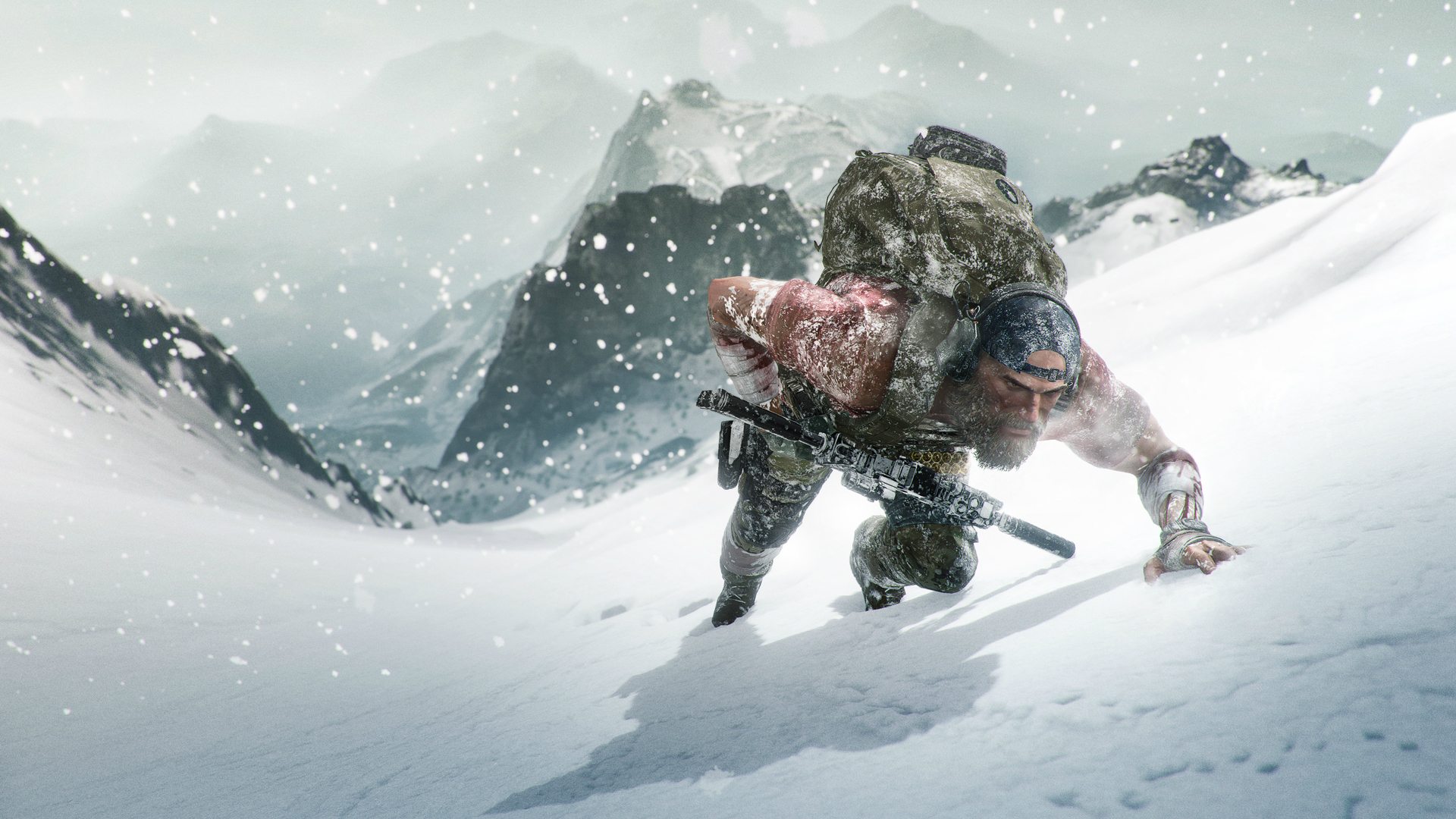GamesRadar+ Verdict
Despite hewing close to its predecessor, Ghost Recon Breakpoint feels like a step backward for the franchise, with mechanics that hew too close to its open-world cousins.
Pros
- +
Story is much better than Wildlands
- +
Tactical maneuvering and shooting feels good
Cons
- -
Extremely buggy, sometimes in ways that impede gameplay
- -
World is hard to traverse, which makes for lots of downtime
- -
Ridiculously repetitive
Why you can trust GamesRadar+
For all the hard work that went into its design, so much of Ghost Recon Breakpoint feels like it's going through the motions. The tactical shooter codifies many of the mechanics publisher Ubisoft has designed and evolved across its many open-world franchises, including Assassin’s Creed, Far Cry, The Division 2, and the last series entry, Ghost Recon Wildlands. And despite crafting a more meaningful story and a compelling, if simplistic progression, it also fails to make meaningful changes to Ghost Recon’s tactical shooter formula. Regardless of how closely you pay attention or commit, you are ultimately doing the same thing over and over and over. And, perhaps because it is the second game to follow this exact formula, that repetition weighs the gameplay down more.
Ghost Recon Breakpoint tips | Ghost Recon Breakpoint beast Lair
Haunting Drone Island
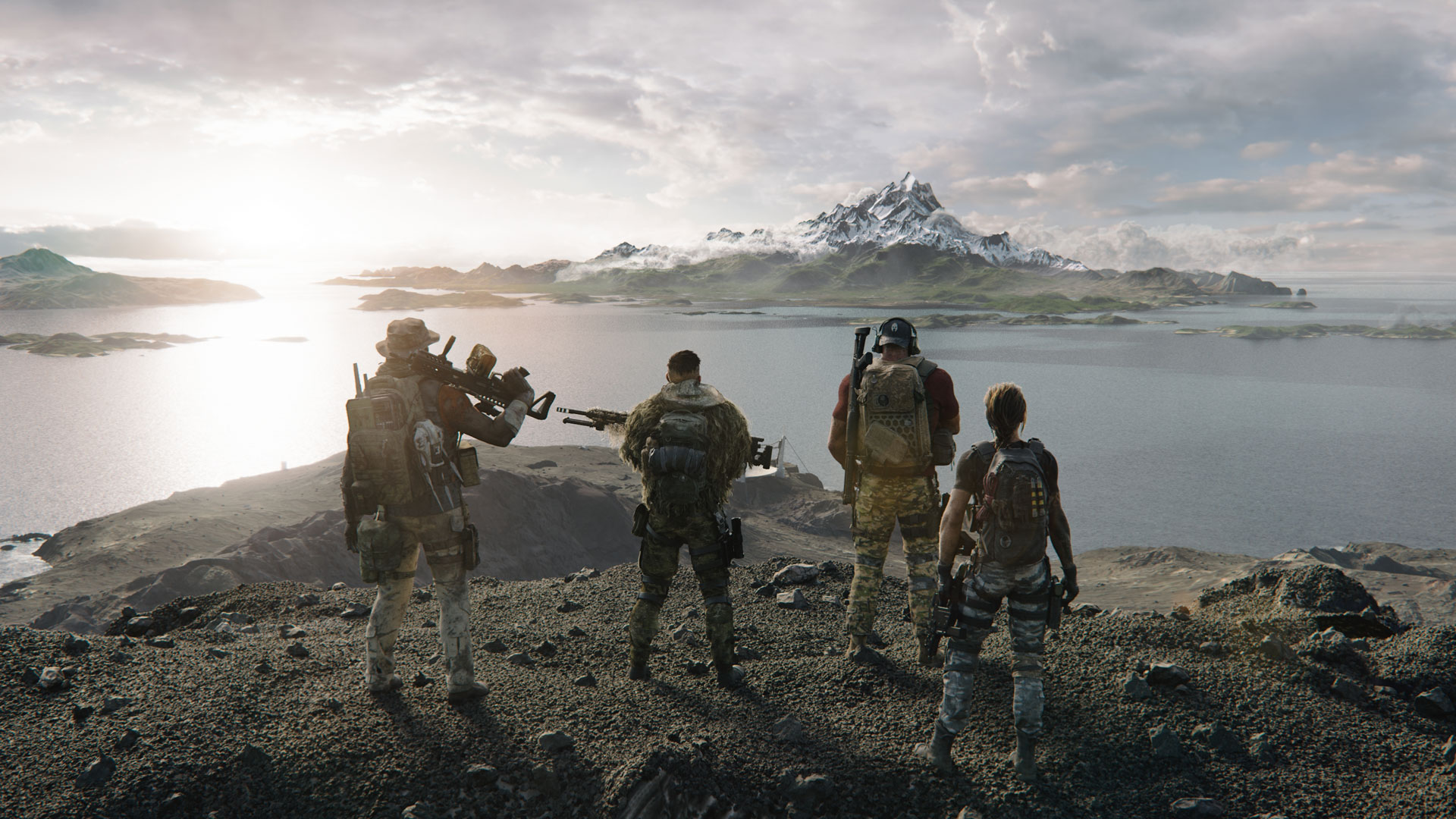
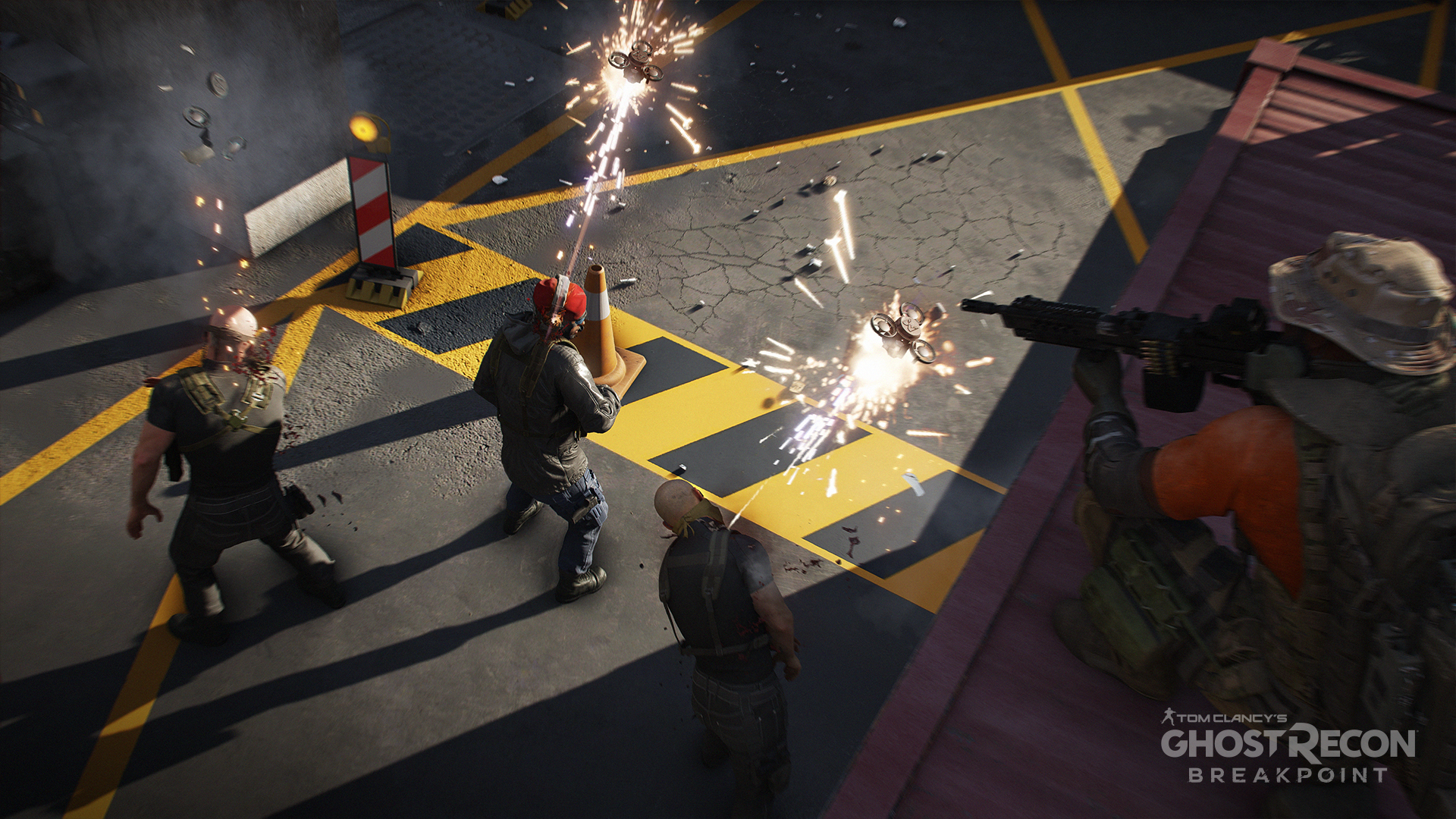
Release date: October 4, 2019
Platform(s): PS4, Xbox One, and PC
Developer: Ubisoft Paris
Publisher: Ubisoft
In Breakpoint’s surprisingly interesting story, you control Nomad, the leader of a Ghost team trapped behind enemy lines on Auroa, a chain of islands owned by drone manufacturer Skell Tech. The drones have gone AWOL and there’s been a military coup led by a former Ghost, Cole Walker (played by The Punisher and The Walking Dead’s Jon Bernthal), so Nomad and the surviving Ghosts, AKA your co-op partners, have to figure out what’s going on and why.
As seems to be storytelling mode de jour, Breakpoint reveals its lore and its plot layer by layer. With every step you get closer to finding Walker, you also figure out a little more about Auroa and how things got out of control. Many of the cutscenes feel dry, but there are a few standouts, including the many flashback with Bernthal’s Walker, who’s voice acting and face capture are much more captivating than other characters.
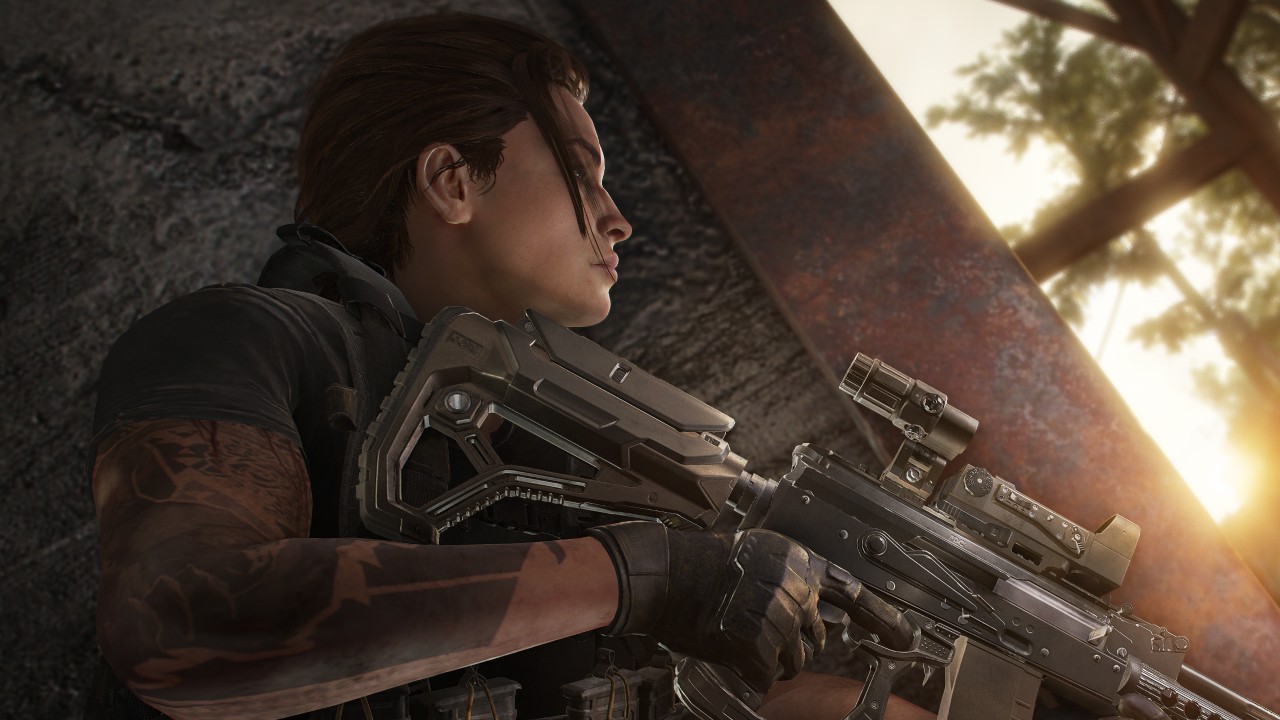
An interesting story is a new development for Ghost Recon, so chances are you’re more concerned with the gameplay. The good news is that the basic tactical manoeuvring and shooting that has always made Ghost Recon compelling remains in place. Sizing up an occupied town or enemy base and clearing it out quietly is as compelling as it’s always been. Getting the drop on a patrol and quickly sniping two or three enemies before they notice is at least a little thrilling every single time you do it.
As with Wildlands, Assassin’s Creed Odyssey, and Far Cry 5, Breakpoint employs an unguided mission structure: In most missions, you need to find intel from documents or informants to help you find your goals. This workflow feels natural in a story about covert military forces, and it definitely helps you get into the experience.
That system is a little too streamlined for its own good, though. You only ever find intel for the mission you’re currently working on, or that solve the investigations that reveal more of the game’s plot and lore. This makes it easier to advance every step of each mission, but it also makes the process of “gathering intel” feel like busywork.
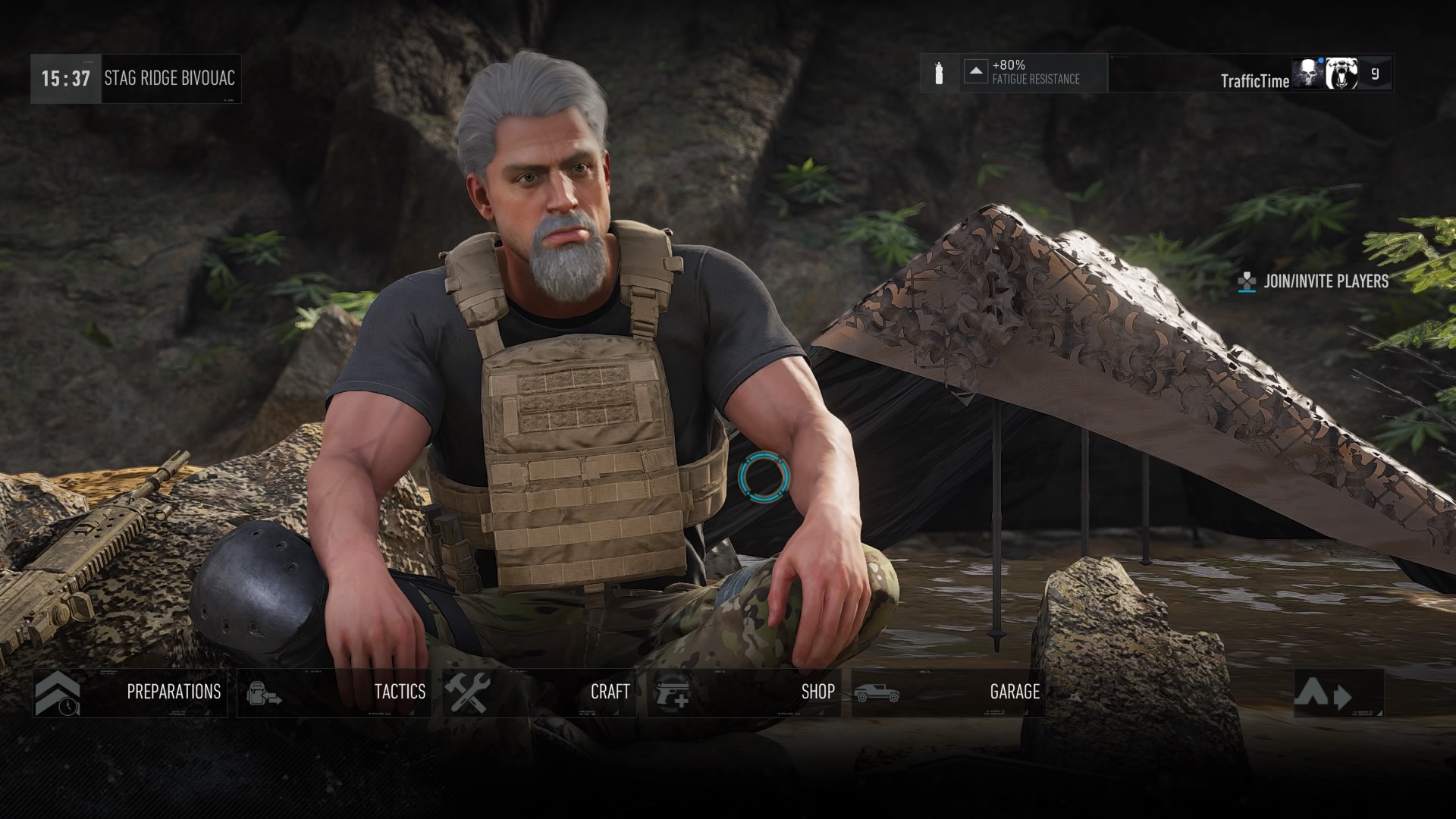
Despite whatever the mission parameters tell you, every single mission boils down to an extremely repetitive formula: go a location, clear out the enemies to find a clue where your target might be, rinse and repeat until you either have to kill or save whoever you’re looking for. Sneaking around and shooting enemies is Ghost Recon’s bread and butter, but bread and butter don’t make a whole meal. Very few missions deviate from that formula at all, and those that do still fall well within the tried and true shooter mission archetypes.
In fact, much of Breakpoint felt like playing a watered-down version of something that should be fun, often because I’ve seen it before. Nomad’s progression, for example, resembles Assassin’s Creed and The Division 2 more than ever, mixing experience-based levels that grant perks, and a Destiny-style gear score system that loosely dictates your “power” relative to other enemies. The system is very stripped down – armor items, for example, don’t carry any stats, just a score. It’s really difficult to get attached to any of the guns, because even if some feel slightly different than others, the distinctions are small. You’re never going to find the perfect gun because none of them stand out too, too much. That may change for players who reach the gear score cap and the endgame, but even if that’s the case the road to it is a steep, uphill, and paved with hundreds of bland-looking assault rifle, bulletproof vests, and backwards caps.
Likewise, despite separating characters into four classes, but each class is solely defined by one special ability. The medic has a healing drone, the assault class has a buff that lets them take extra damage. The perks and abilities you earn with each level aren’t tailored to those classes, and many of them are useful, sometimes even necessary, for everyone. You rarely need to think about what skills you have or where they should be employed.
Lost in the Woods
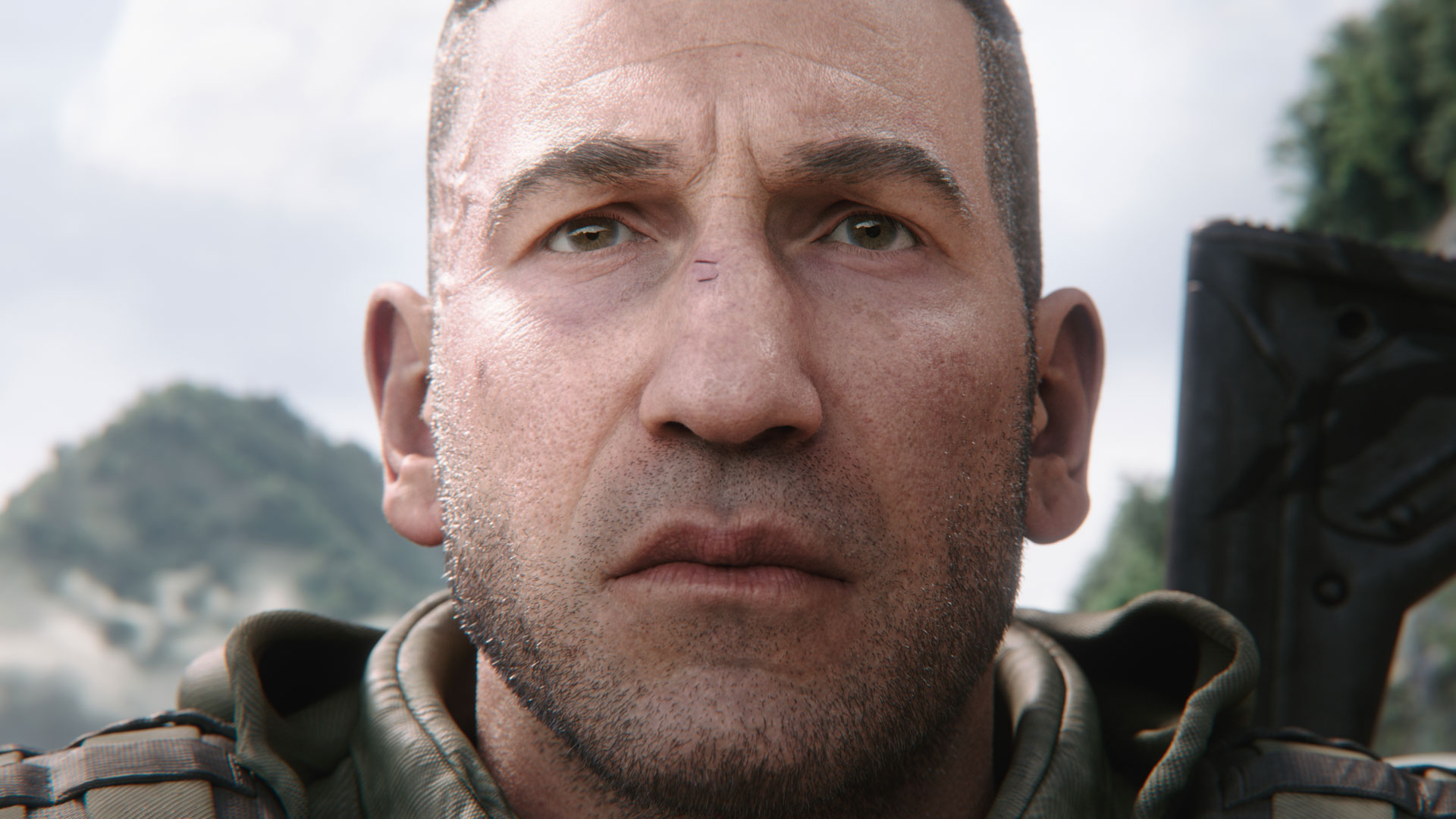
Similarly, Breakpoint’s open world, Auroa, feels like it’s designed to stretch out the Ghost Recon experience. The island is gigantic; large enough to create seemingly autonymous regions with different biomes like mountains, swamps, deserts, and more. Most of that territory is hard to walk around though. You have to wade through the swamps, and find paths to scale the mountains. Even with vehicles and fast travel points, it can take 10-20 minutes to get in position and start a mission.
I can see how this design should make running missions more fun. When you rest at fast travel points, called Bivouacs, you can prep for a mission by eating, drinking, or checking your weapons, which earns you a time-sensitive stat boost. Ideally, once you scout a mission location, you should warp to the nearest rest point, boost up, then trek through the world to reach your location and do your job.
Unfortunately, that ideal scenario doesn’t match with how I played the game (or how I expect most will). Most of the missions are not difficult enough to warrant that kind of prep, so I only thought to use the Bivouac in this way a couple of times. Meanwhile, it makes the experience of exploring the world between missions painful – there’s nothing worse than being 20 minutes away from every major landmark and unable to fast-travel because a random enemy spotted you.
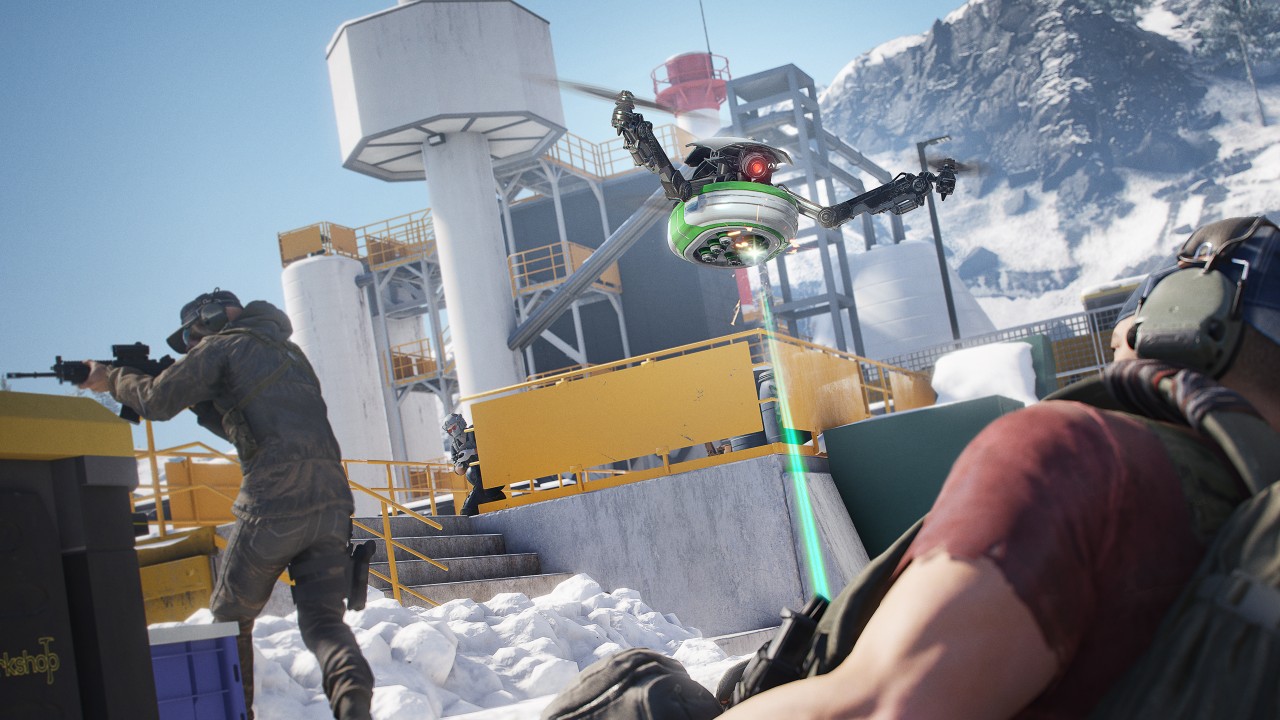
Lastly, I am rarely one to bring up technical issues in a game review since they can be patched out in the weeks following release. However, Breakpoint was one of the buggiest AAA games I’ve played in years, and its bugs frequently made it impossible to progress. I found multiple missions where doors failed to open. A few times, I shot an enemy in the head and the bullet passed through as if they were an actual spirit. The bugs are so pervasive that the developer baked in a workaround – you can go into the game menu and restart a mission from the last checkpoint, which resets the entire game world. While there isn’t anything unmanageable about these issues, their frequency will undoubtedly break role-players out of their immersion and make the path to stealthy dominance all the more frustrating.
And that really sums up Breakpoint. More than anything, it is frustrating. There are frustrating moments when you explore the world. There were frustrating moments when my immersion was interrupted by technical hiccups. There are frustrating moments when you realize the dressing of the story and the loot actually make it harder to stand out from other shooters. I don’t know about you, but I don’t play video games to get frustrated.
Reviewed on PS4.
Mike Epstein is now the Reviews Editor for Popular Science. However, he was once a freelance games and technology journalist covering video games and hardware reviews, features, and more. His words have appeared on Lifehacker, GamesRadar, IGN, Gamespot, PC Mag, and more.
